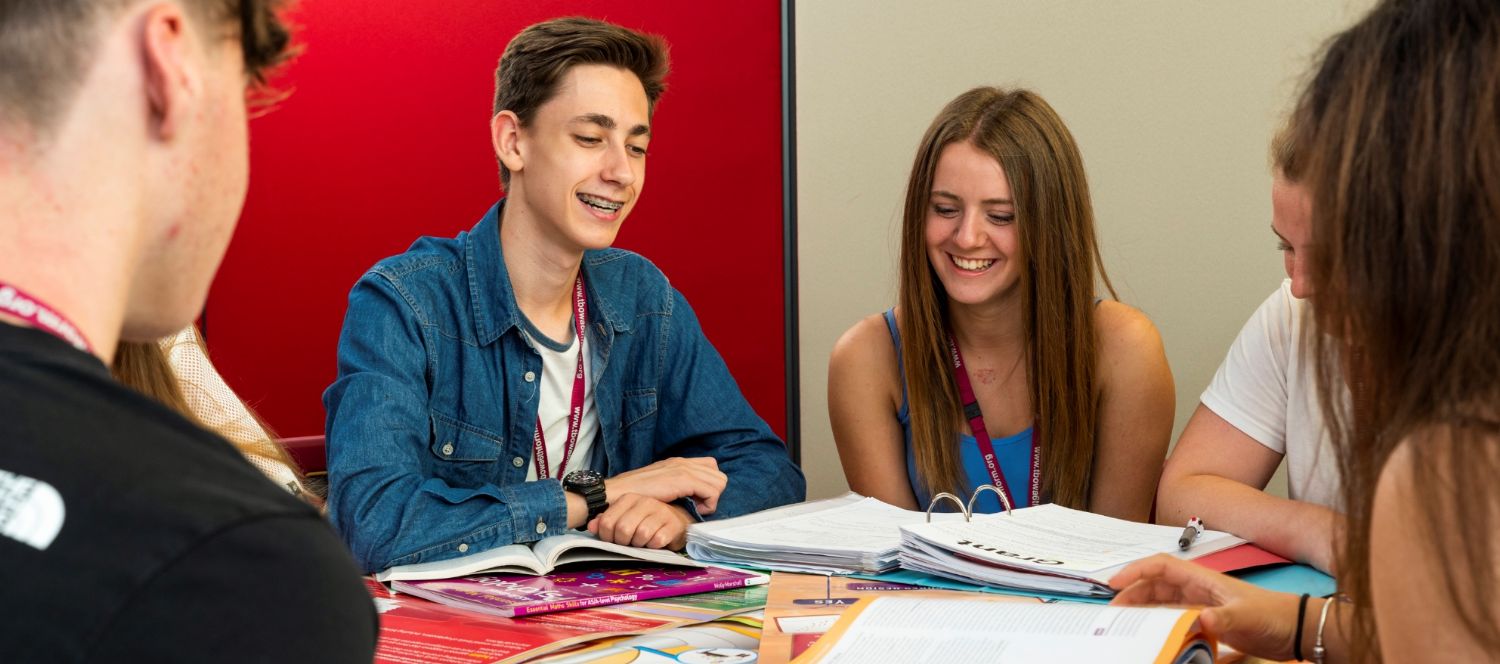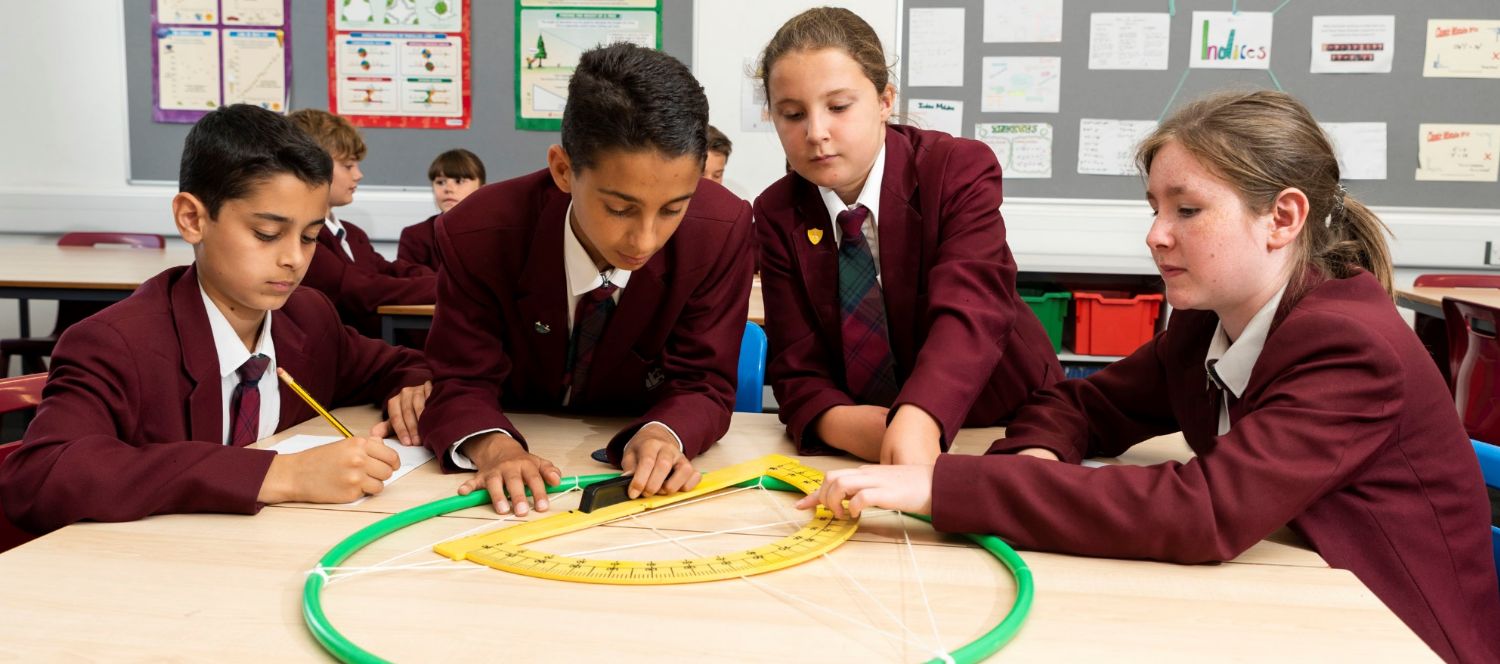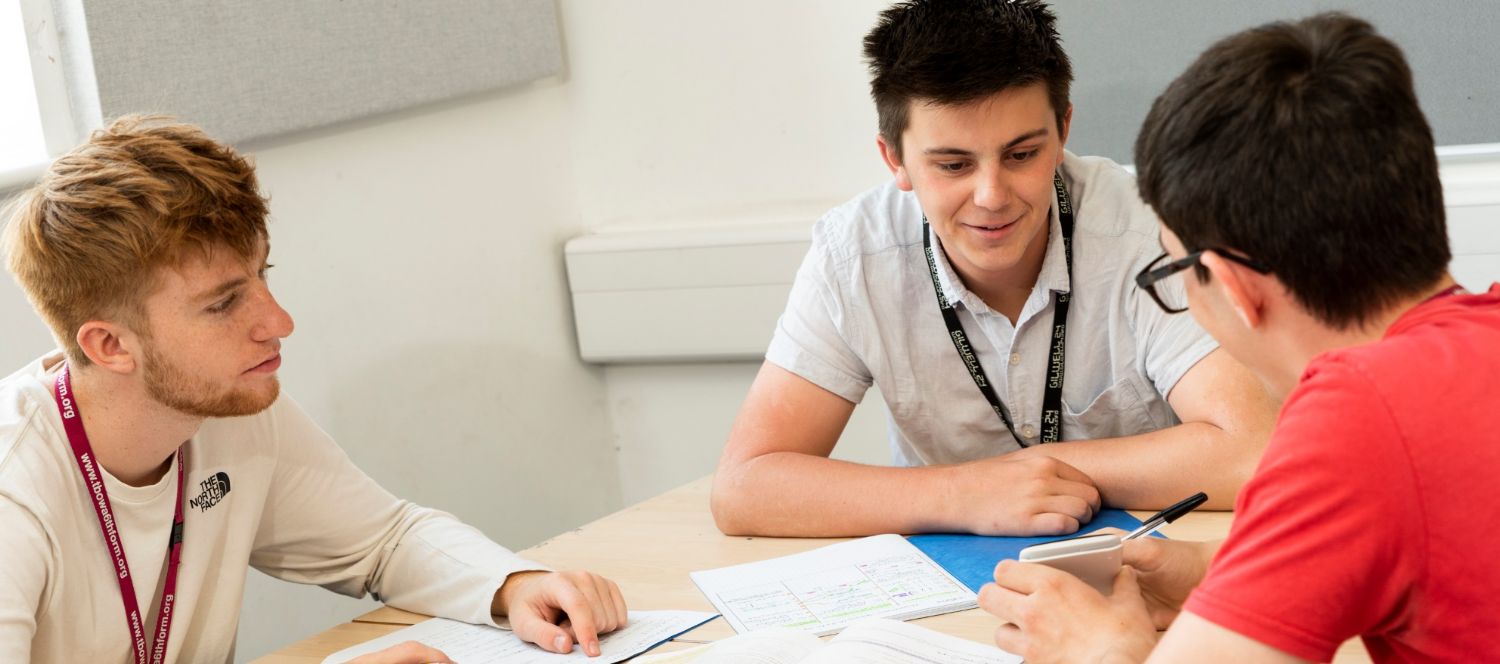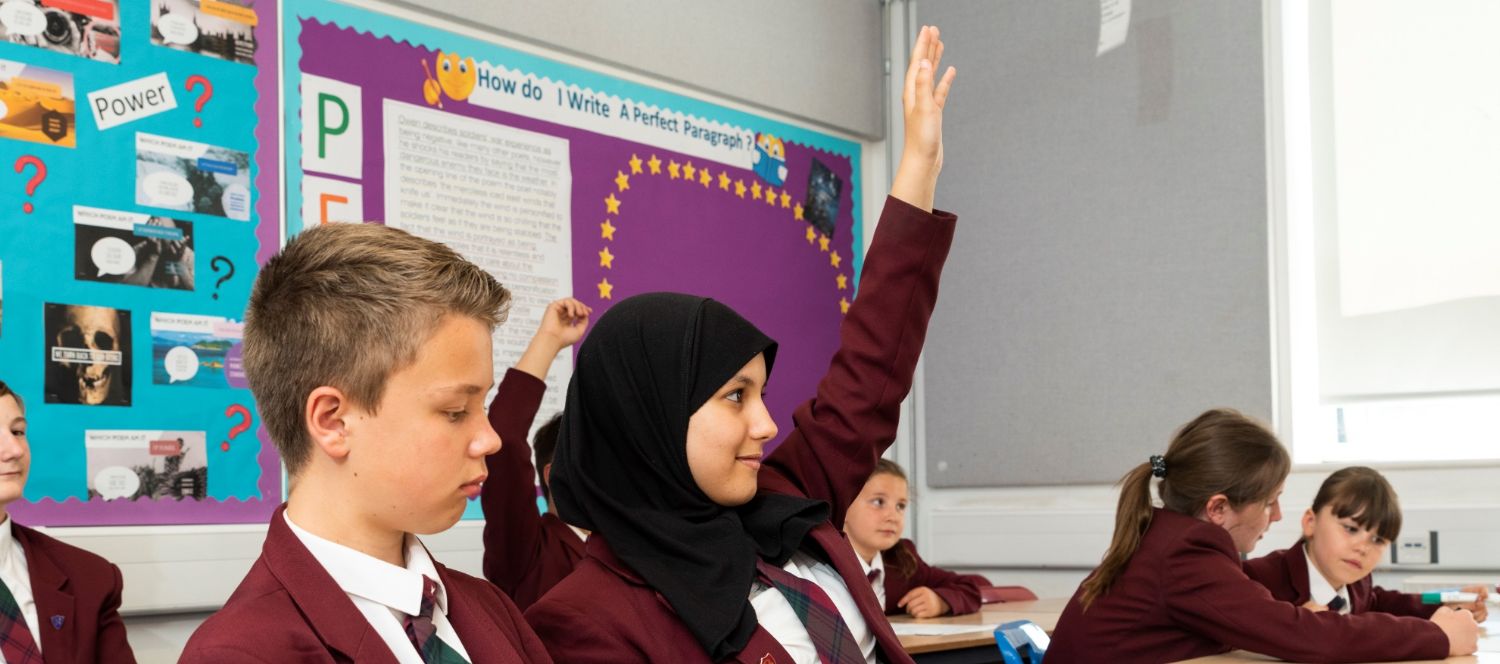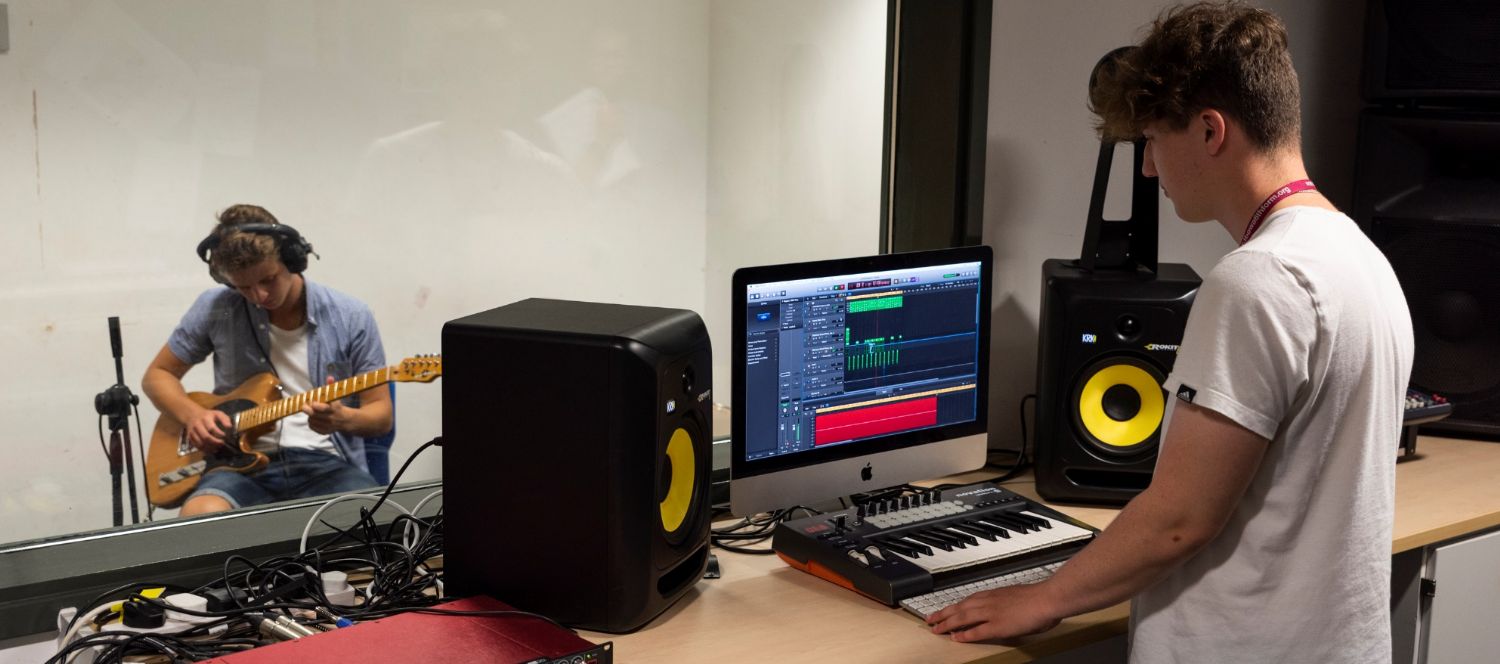Key Stage 5 English
English Language at A Level
AQA English Language
At Key Stage 5, students will further develop their subject expertise by engaging creatively and critically with a wide range of texts and discourses. Students will create texts and reflect critically on their own processes of production, while analysing the texts produced by others. There is an emphasis on the ability of students to pursue lines of enquiry, debate different views and work independently to research aspects of language. Current areas of study include:
Children’s language development
Language diversity and change
Language discourses
Textual variations and representation
During the course, students will be assessed via terminal examinations at the end of the two year course along with a ‘non exam assessment’ (coursework) involving a language investigation and original writing.
English Literature at A Level
AQA English Literature – Specification A
At Key Stage 5, students will continue developing the independent reading and analytical skills that they began to develop at KS4, as well as learn how to write about their understanding in an academically technical and fluent way. The course covers a wide range of texts written across different historical periods and from different cultures. Current texts on the syllabus include:
· Owen Sheers’ ‘Skirrid Hill’ poetry
· ‘The Great Gatsby’ by F. Scott Fitzgerald
· ‘Rebecca’ by Daphne Du Maurier
· ‘Othello’ by William Shakespeare
· ‘The Go Between’ by LP Hartley
· ‘Revolutionary Road’ by Richard Yates
· ‘Atonement’ by Ian Mcewan
During the course, students will be assessed via terminal examination at the end of the two year course along with a ‘non exam assessment’ (coursework) which they will write with the support of their teacher.
The A Level English Literature course has been designed to allow students to explore a wide variety of notable literature, examining the contexts in which it was written and learning to identify how it might be read and understood differently by different people. Students are encouraged to recognise that there is no ‘correct’ reading of literature, but to explore different interpretations of stories and identify how meaning is created.
Media Studies at KS5
This subject provides students with an excellent insight into the world of mass communication. Through the course (examination board Eduqas ), we focus on how media texts, both print and audio-visual are constructed to create meaning and achieve their purpose; how audience’s receive and interpret the media; how genres are defined and can become a hybrid; and how different groups of people are represented across different media platforms.
The course combines researching and reviewing existing projects and then focuses on the creative elements of media through the design and production of such items as DVD covers, music videos, film posters, magazines and websites.
This very practical, yet academic, A Level provides an insight into a vast new network of jobs and also develops the analytical, research and teamwork skills required to provide all students with a sure footing into further study.
Case studies include:
- 'Life on Mars'
- 'The Bridge'
- 'Huck' magazine
- 'Woman's Realm' magazine
- 'Late Night Woman's Hour'
- 'Assassin's Creed III'
- Beyonce's 'Formation'
- Vance Joy 'Riptide'



